You have now learned about several methods of meditation and are becoming familiar with the four establishments of mindfulness meditation. These methods include mindfulness of breathing meditation or ānāpānasati, walking meditation, and satisampajañña or sustained awareness meditation. We have also learned about asubha bhāvanā or the meditation of the impurities of body.
There is another meditation method within the four establishments of mindfulness meditations; that is “dhātu manasikāra” meditation or ‘mindfulness of elements.’ If we consider the different meditation methods, loving kindness meditation is one we should be doing all the time; mindfulness of breathing meditation can be somewhat difficult for us initially. If this is the case, mindfulness of the impurities of body or mindfulness of the elements would be very beneficial to you as a precursor to mindfulness of breathing meditation.
Once, the little monk Rāhula was instructed by the great arahant Sāriputta thero to practice mindfulness of breathing meditation. At that point, the monk Rāhula did not know how to do mindfulness of breathing meditation. He went to the Buddha and asked him for instructions on practicing mindfulness of breathing meditation. It was at that point that the Buddha told him to start with the mindfulness of the elements. Contemplation of the elements is an accelerated and effective path to understanding life. The elements or dhātu is the basic or the fundamental nature of things. The term contemplation here refers to skilful investigation of four fundamental or basic natures of things: “paṭhavi’ or solidity, “āpo” or fluidity, “tejo” or heat, and “vāyo” or air. Paṭhavi is associated with earth, āpo is associated with water, tejo is associated with fire, and vāyo is associated with wind.
In this meditation method, it is crucial that we understand the fact that these words are used to contemplate our bodies and not the outside world. The Buddha preached to consider by wisdom paṭhavi dhātu like the earth; see it as something that is similar to earth. The Buddha further preached us to consider āpo dhātu like water, tējo dhātu like fire, and vāyo dhātu like the wind.
From all these methods, the great teacher’s intention was always to show us the path for the realisation of truth. He did not want to mislead or deceive us. The Buddha gave an example here. A butcher kills a cow, cuts the meat and sets up a stall at a crossroads. This butcher does not have a sense of selling a cow. The buyers of meat have no sense that they are buying a cow. At this point, the usage of the term cow has been transcended and is referred to as meat or in this case beef. This is how we contemplate the elements, which make up our bodies. We can use this example to understand how to separate our body’s composition of the basic natures of solidity, liquidity, heat, and air. That which decomposes to become earth is the element of solidity or paṭhavi; that which flows or runs is the element of liquidity or āpo; that which is warm is the element of heat or tejo; and that which moves like the air is the gaseous element or vāyo. In us, we can recognize parts, which are solid and would eventually become earth. In us, we can recognize components which are liquids. In us, we can recognize components, which have warmth. In us, we can recognize movement of gas or air.
Your task now is to see these elements separately as the separate cuts of meat in a butcher’s stall. You should consider these as follows: you can find a tranquil spot and contemplate separately those parts of your body, which are of the earth element. The hair is of the earth element. You can consider the hair thus, up to now, how much hair have I lost from my head ? What has happened to that hair? Most of it had already decayed and become part of earth as soil. A part of your life has become part of the earth while you are still living. What has happened to other body hairs and nails that you have removed from your body? Consider teeth. As you listen to this, you may not have even one tooth in your mouth; all of us have lost at least our baby teeth. What happened to the teeth that you lost? They have all become part of the earth. Your skin is constantly regenerating itself. When you scrub your body, you can feel and see the dead skin leave your body to instantly become part of the earth. You consider your flesh as becoming part of the earth. You consider your blood vessels as becoming part of the earth. You consider your bones as a part of the earth element. You consider your bone marrow as becoming part of the earth. You consider your kidneys as becoming part of the earth. You consider your heart as becoming part of the earth. You consider your liver as being a part of the earth element. You consider your diaphragm as becoming part of the earth. You consider your as becoming part of the earth. You consider your lungs as becoming part of the earth. You consider your large intestine as being a part of the earth element. You consider your small intestine as a part of the earth element. You consider your undigested food in the stomach as becoming part of the earth. You consider your fecal matter in the intestine as becoming part of the earth. These body parts belong to these four elements of the earth.
It is crucial for us to recall in this way. The Buddha gave these guidelines not for the investigation of the nature of the earth or other universes. They were given to us because we suffer internally, both physically and mentally. And we try to find comfort through material things, which actually takes us deeper into suffering. The Buddha’s instructions were that if we want eternal happiness we must find the point where suffering or un-satisfactoriness arises. That is what we are trying to do. When you consider these things that become earth, your humility becomes enhanced. Think of the lords or kings throughout history who killed for thrones, power, or for other gains! All these people became part earth in the end. This shows us that there is nothing in this world to seize. Everything we have eventually becomes part of the earth. Those who understand this live with immense freedom, a mind free of meanness, a mind full of compassion, and mettā. Such a person does not envy; does not seek revenge; and does not indulge in eye for eye retaliation. Such a person knows that this life is made up of parts, which become part of the earth in the end. Now, we can see how worthwhile it would be to practice this meditation of contemplation of the elements.
In a similar fashion, you need to consider the parts of the body which flow into the water element or āpo dhātu. The body has fluids such as bile which has a nature similar to water; therefore, it is of the water element. Then consider phlegm. This is the frothy liquid, which flows and is of the water element. This body has pus. The body creates pus when there are infections. Pus is of the water element. This body makes blood. Blood flows and is of the water element. This body creates perspiration, this is of the water element and it flows. Along with the perspiration, this body has the stickiness, which is the body fat. This is of the water element too. This body creates tears, which is of the water element. This body has lymph fluids, which are also of the water element. The saliva produced by this body is also of the water element. This body produces mucus, which is of the water element. This body has synovial fluids, which lubricate joints, which can be moved. This fluid is also of the water element. This body creates urine, which is of the water element or āpo dhātu.
Similarly, this body has a warm nature. This is made up of the heat element or tejo dhātu. There are fluctuations of this warm nature, which are also of the heat element. Then, the food we consume is digested by this heat from the food. That is also the tejo dhātu. The aging process of the body is also because of the tejo dhātu.
Similarly, this body has components belonging to the wind or gaseous element, which is called vāyo dhātu. There is gas created in the stomach. This sometimes comes up through the gullet and is called “uddhangamanīya” or upward wind. The gas created in the intestines escapes from our bottom end, and it is called “adhogamanīya” or the downward wind. Then, this body has gaseous element that circulates throughout the body, which is called “angamangānusarī” or circulatory wind. Then, there is the air we breathe in and out. All these components are of the wind element or vāyo dhātu.
If you understand this correctly, as you mature in age, you would become somebody who understands life very well indeed. These instructions have been given by the Buddha. So, it is beneficial to practice the contemplation of elements. We can be totally confident that we are on the right track to understanding life.
Mindfulness of Elements Meditation
Pay close attention to your body. In the head, we have hairs and they are like leaves on a tree. They fall when they have matured. If all of your hair is detached, it will drop on to the earth. Let’s say all of this hair came out from our head and on to our hands. We will not keep it. We will throw it away, and it will gradually decay and transform into soil in the earth. Therefore, hair is something that transforms into soil, and it is paṭhavi dhātu.
Body-hairs in this body is also like scalp hairs. They get detached from this body. When all these body hairs are detached from the body, they fall onto earth and decay until they transform into soil. It is like those matured leaves on a tree falling onto the ground and changing into soil after their deterioration.
Nails of this body grow. They get cut at some point. Nails that were cut were thrown away onto the ground. These transform into soil with time, and we don’t even notice it. In this way, nails on these fingers and toes mix with soil in earth and vanish forever.
Teeth are also something that transforms into soil. Teeth get decayed when they are still inside our mouths. Teeth rot, decay, and get crushed. Teeth that break from the mouth fall into the ground and decay until they transform into soil. How many teeth of countless people may have fallen onto the ground and transformed into soil? Teeth are something that transforms into soil. They are paṭhavi dhātu.
This skin is also like that. The skin gets scratched. This skin suffers from various things such as injuries, scabies, and eczema. This skin contracts, wrinkles, and when we grow old, it rubs off. Someday when this skin falls onto the ground, it will disappear into the soil.
Tendons are also like that. These tendons also fall onto the ground and decay, transform into soil, and vanish someday.
We all have bones in our bodies. We all have a skeleton. How many countless skeletons we may have had in our past lives? In each life, we thought the skeleton like what have now is ours. There is a skull inside this head. There are neck-bones inside the neck. There are collar-bones. There are bones inside hands, elbows, and wrists. There are chest-bones, back-bones, waist-bones, thigh-bones, knee-bones, and calf-bones. There are lots of bones inside this body. One day, all these bones will fall onto the ground and decay, transform into soil, and completely vanish.
There is bone-marrow inside our bones. This bone-marrow also decays, transform into soil, and vanish together with bones.
There will be a day that kidneys also fall into the ground. Then, they will decay and transform into the soil.
The heart will also decay and mix with the soil.
The liver will also fall onto the ground. It will also decay and transform into soil.
The lungs expand when we breathe in. They shrink when we breathe out. These also fall onto the earth, decay, and transform into soil.
Then, there is the small-intestine in this body. It is like a large, coiled rope. There is also a large-intestine. All of these rot and mix with soil in the earth. They transform into soil by decaying.
What we ate leaves our bodies as feces, which also transforms into soil after some time.
In this way, all these things have the nature of transforming into soil. They are paṭhavi dhātu. There are also things in this body that dissolve.
Bile in this body dissolves in water and vanishes. It is āpo dhātu.
There is also phlegm in this body. It is a foamy liquid. It also dissolves in water and vanishes. It is āpo dhātu.
Pus in this body forms when blood has rotted. It is a yellowish liquid. That pus also dissolves in water and disappears. Pus is also āpo dhātu.
There is also blood in this body. Blood also dissolves in water and disappears. Blood is āpo dhātu.
In this body, there is a liquid that forms throughout this body, from the head to the soles of the feet. It is called sweat. It also dissolves in water and disappears. Sweat belongs to āpo dhātu.
Fat is a sticky thing that comes out with sweat. It also dissolves in water.
There are also tears in this body. Tears come out from the eyes and also dissolve in water. Tears are āpo dhātu.
In this body, mucus also flows and come out from the nose. Sometimes it comes out suddenly. Mucus also gets dissolved.
We have saliva in this body which flows. Right now, it doesn’t come out from our mouths because we swallow it and close our mouths. If we do not swallow, saliva that flows in the mouth will come out. If that is the case, we will have to either wipe it off or wash it away.
Also, there is urine in this body. Urine also dissolves in water and vanishes. It is āpo dhātu.
These are the things that belong to āpo dhātu. They dissolve in water. All these can be found in this body.
There is also heat in this body. This body is created with that heat.
When that heat increases, we sweat and get fever.
When food and drink goes inside this body, that heat digests them and helps the body to absorb its nutrient. This happens by tējo dhātu.
It is also this tējo dhātu that ages this body. It also deteriorates this body until it gets destroyed completely. All these are impermanent things.
Next, this body has things that blow with wind. Air that comes to the throat blows away with wind.
Air that comes out from the back also mixes with wind and blows away.
Air we breathe in also blows away with wind. Air that we breathe out is of the same nature. This air that we inhale and exhale also blows away with wind.
There is also air that moves here and there inside this body. This belongs to vāyo dhātu.
So, you can see that these are the things that we have in our body. The things that transform into soil are paṭhavi dhātu. Things that dissolve are āpo dhātu. Things with the nature of warmth are tējo dhātu. Airy things are vāyo dhātu. This is what we have as our body. The Buddha taught us to contemplate well the fact that these kinds of things are in this body. He taught us to divide up this body like a butcher who sells beef after he killed a cow and cut its flesh into pieces. That is when we can see the truth of this body. Then, the attachment we have will become weakened and disappear.

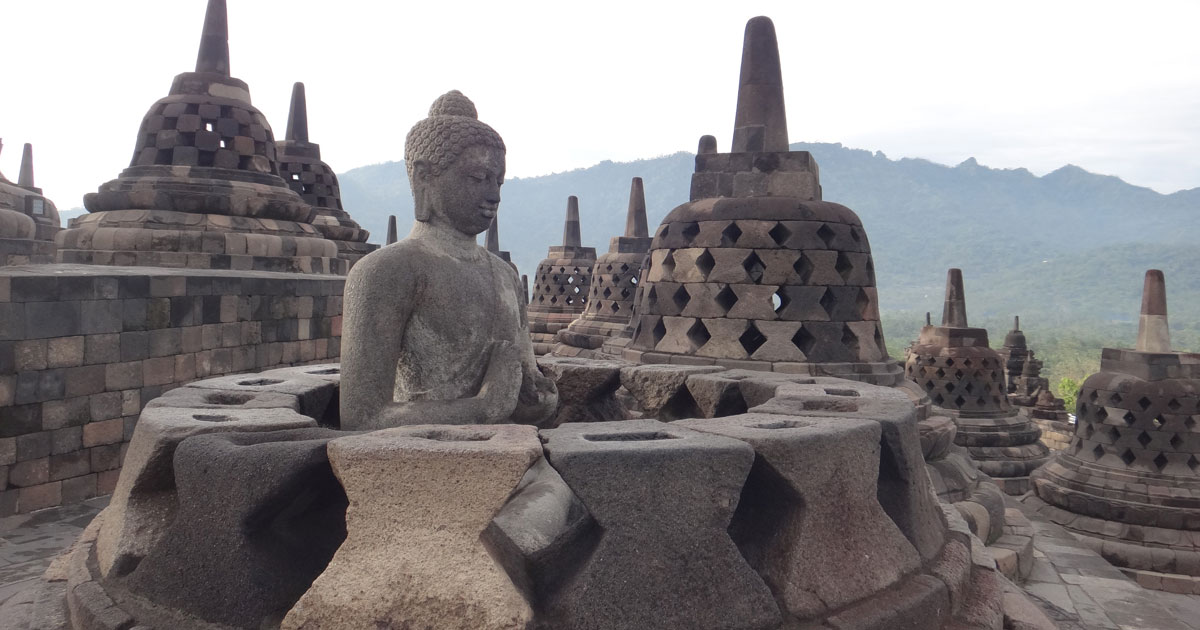
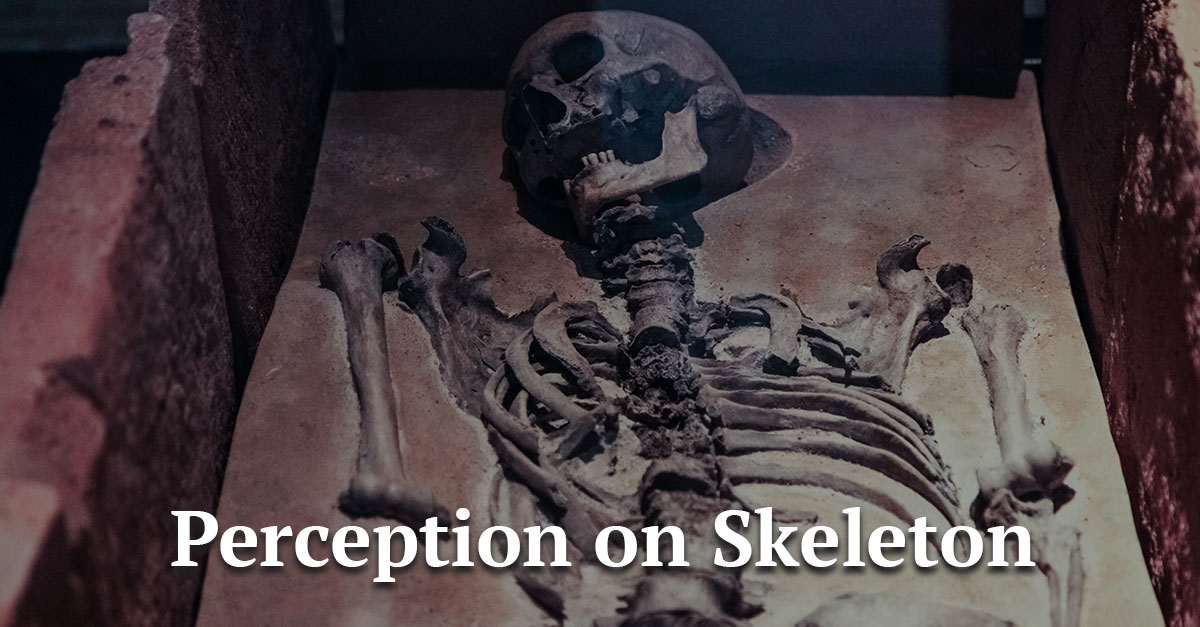
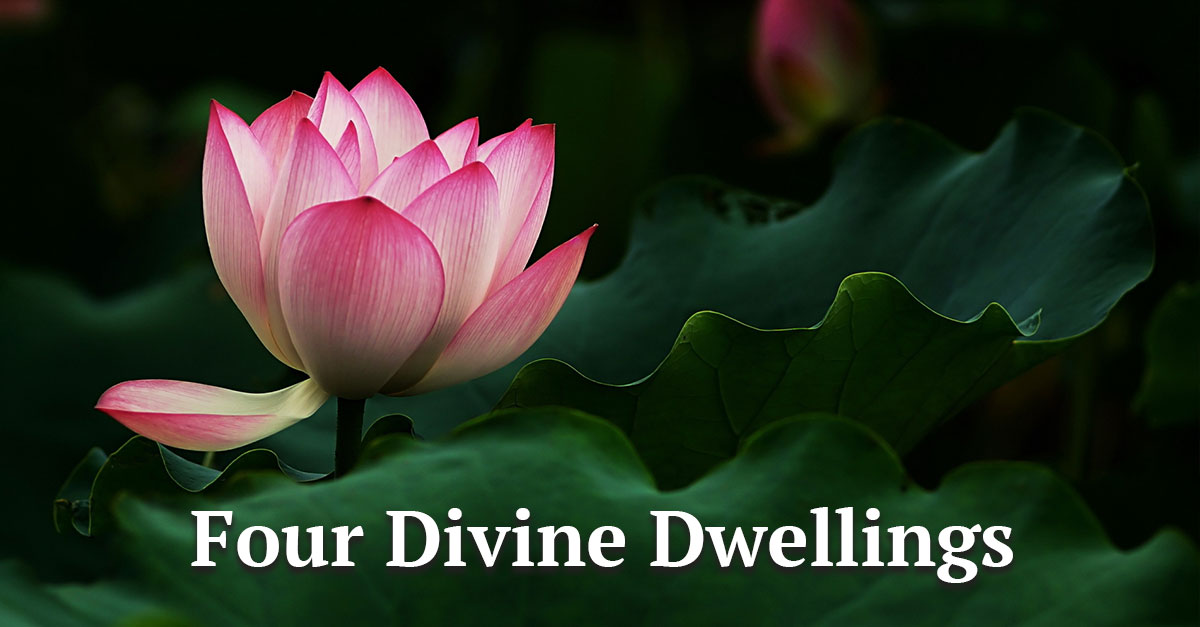
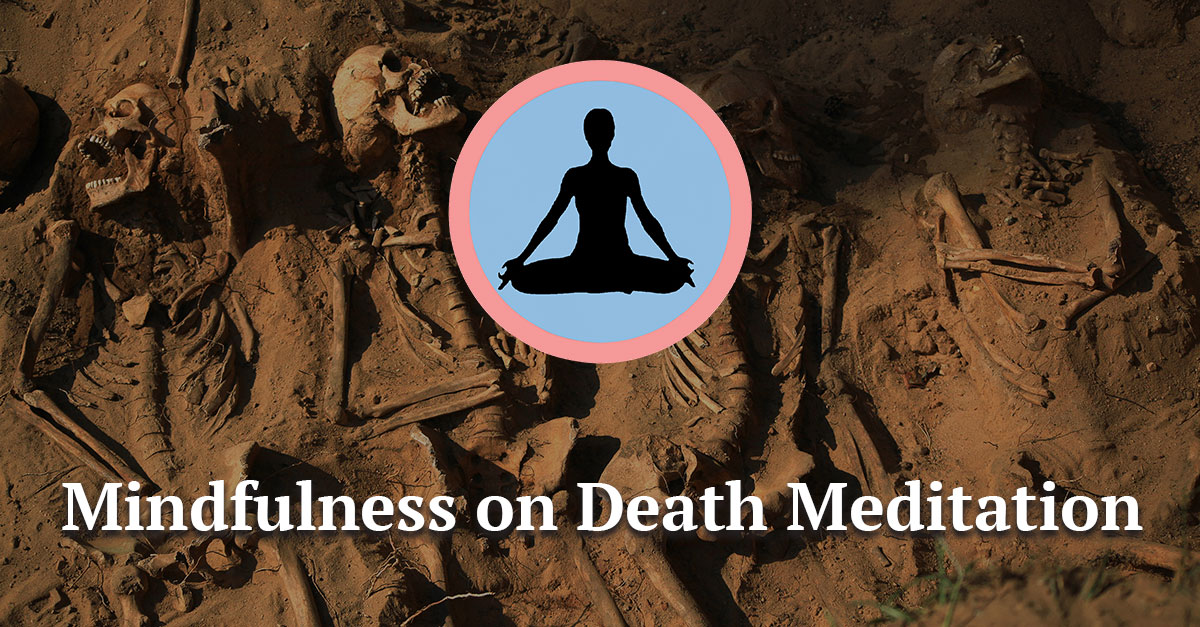
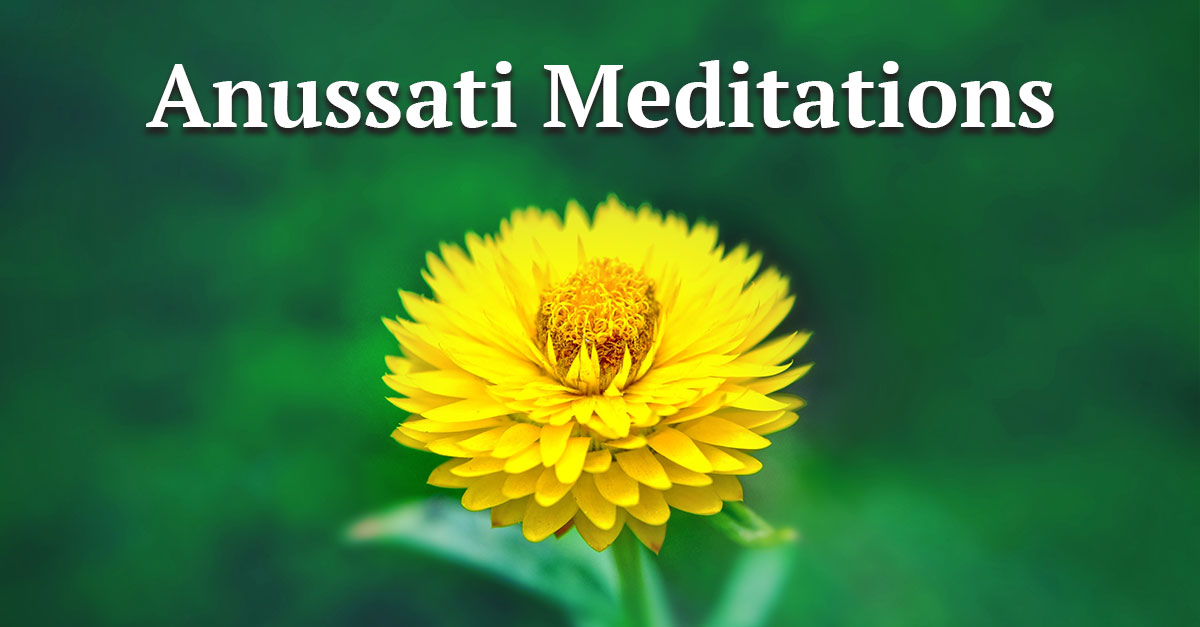
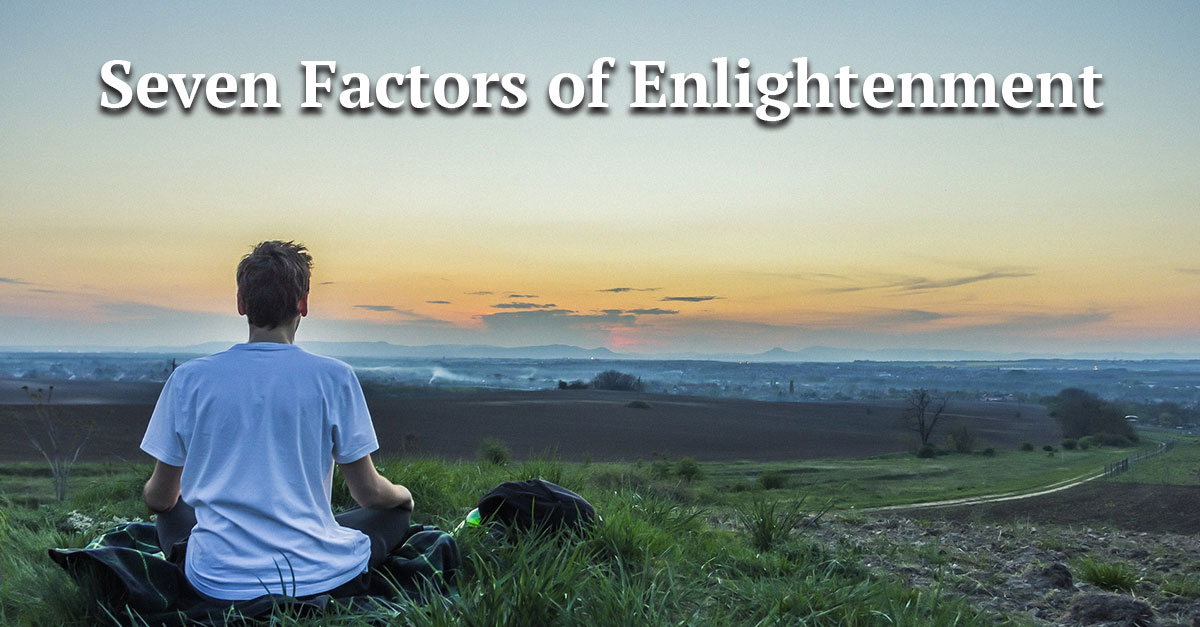
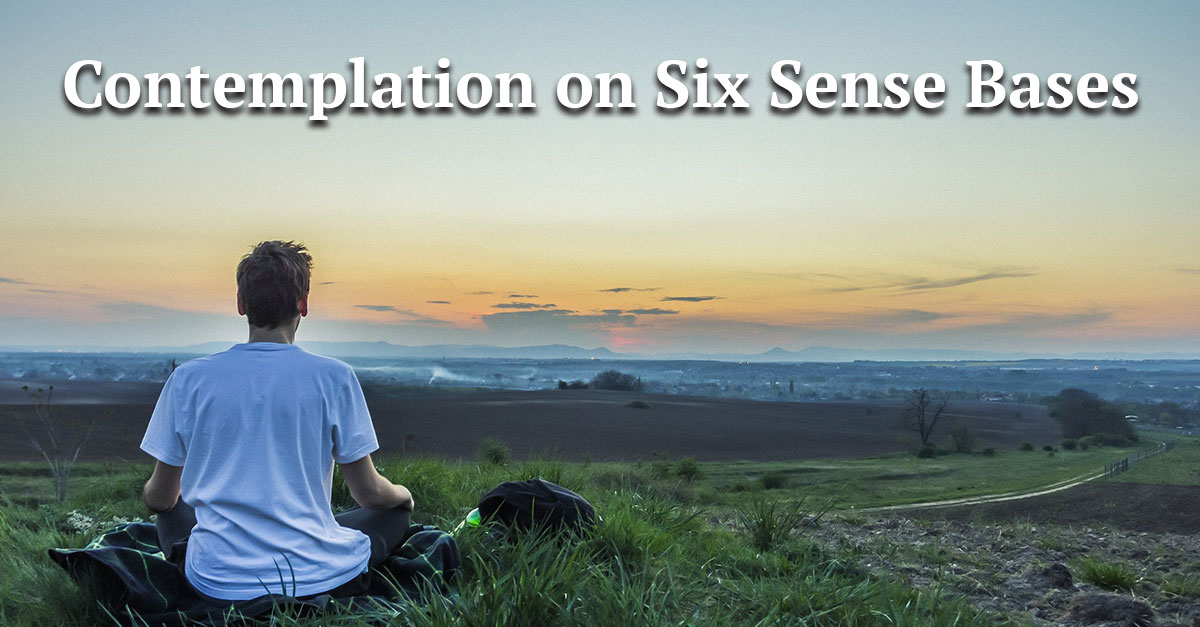
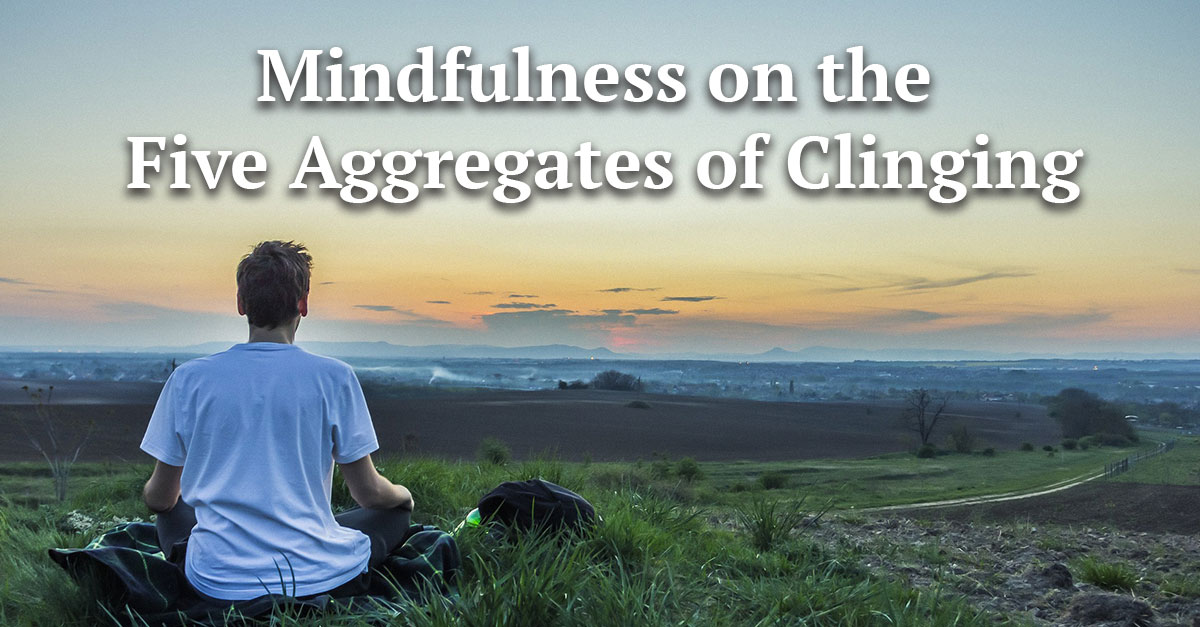
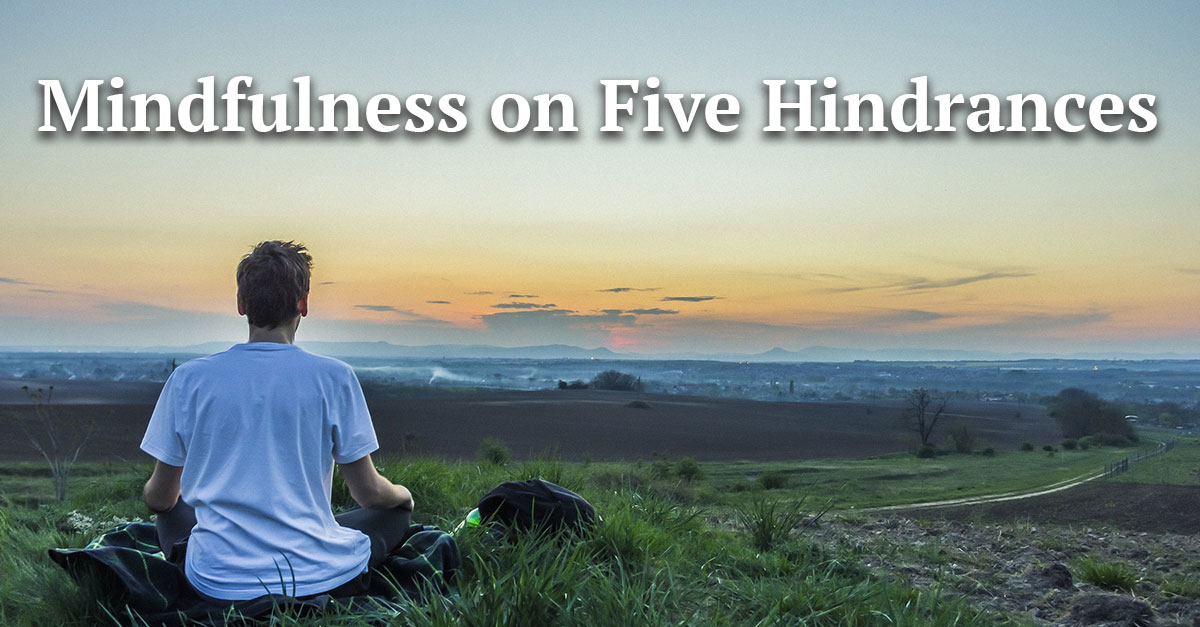
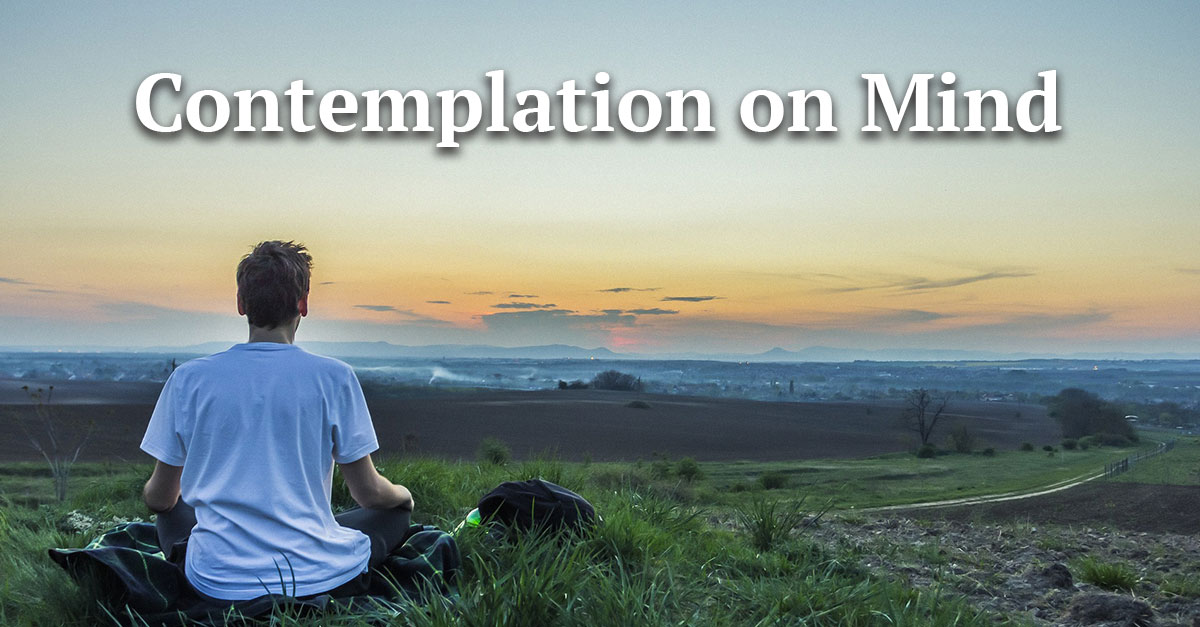
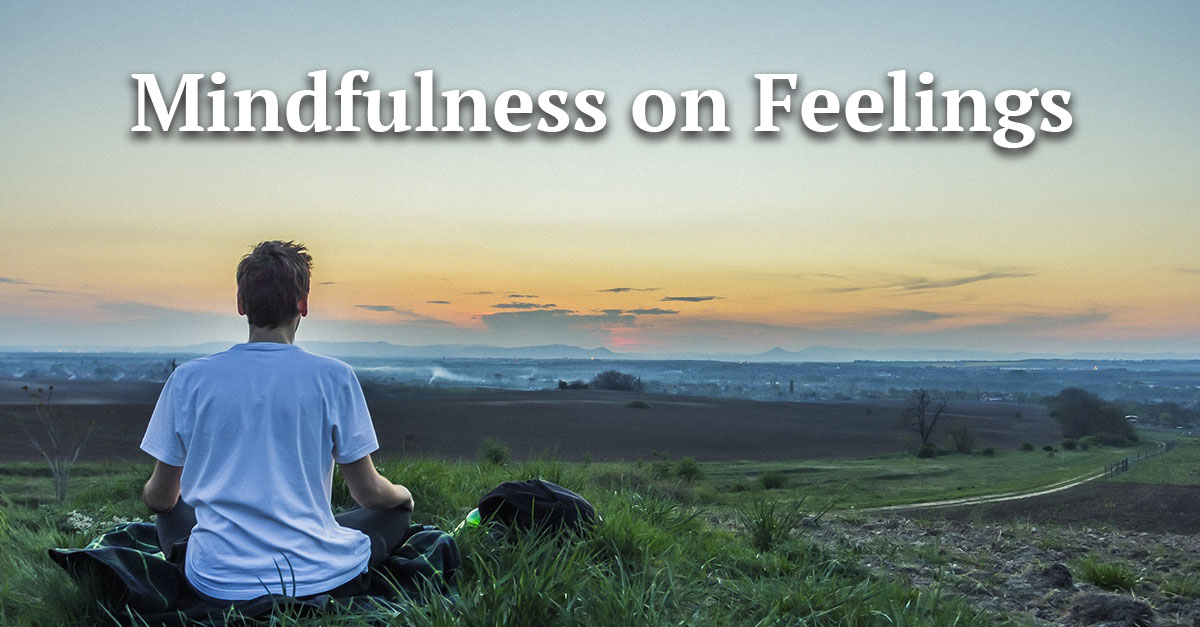
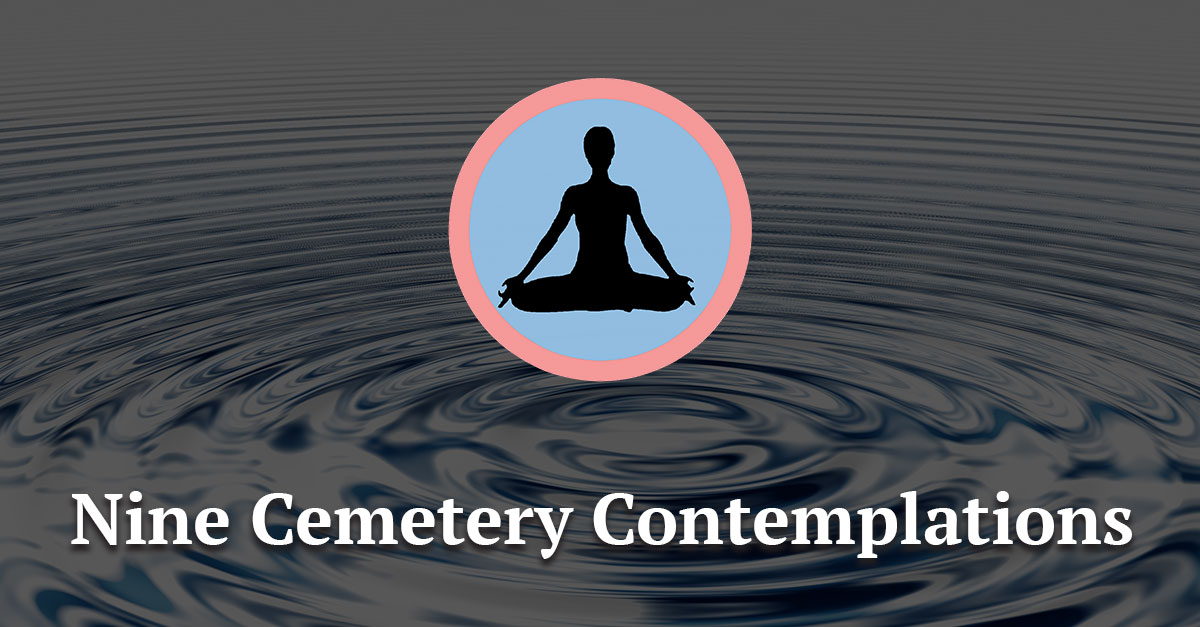
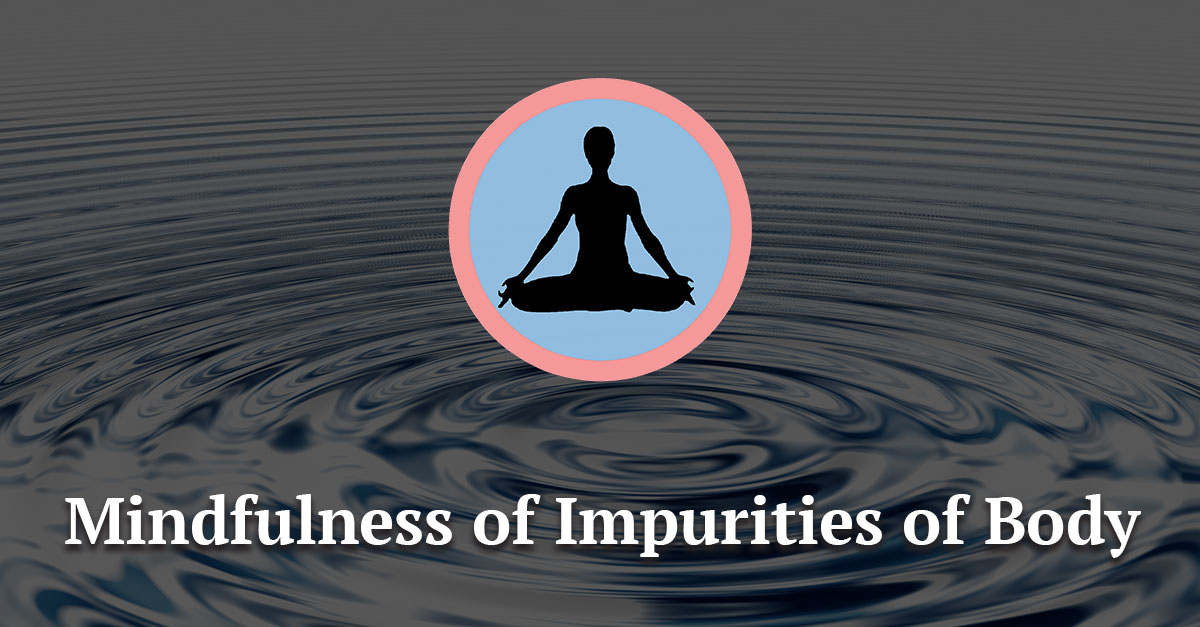
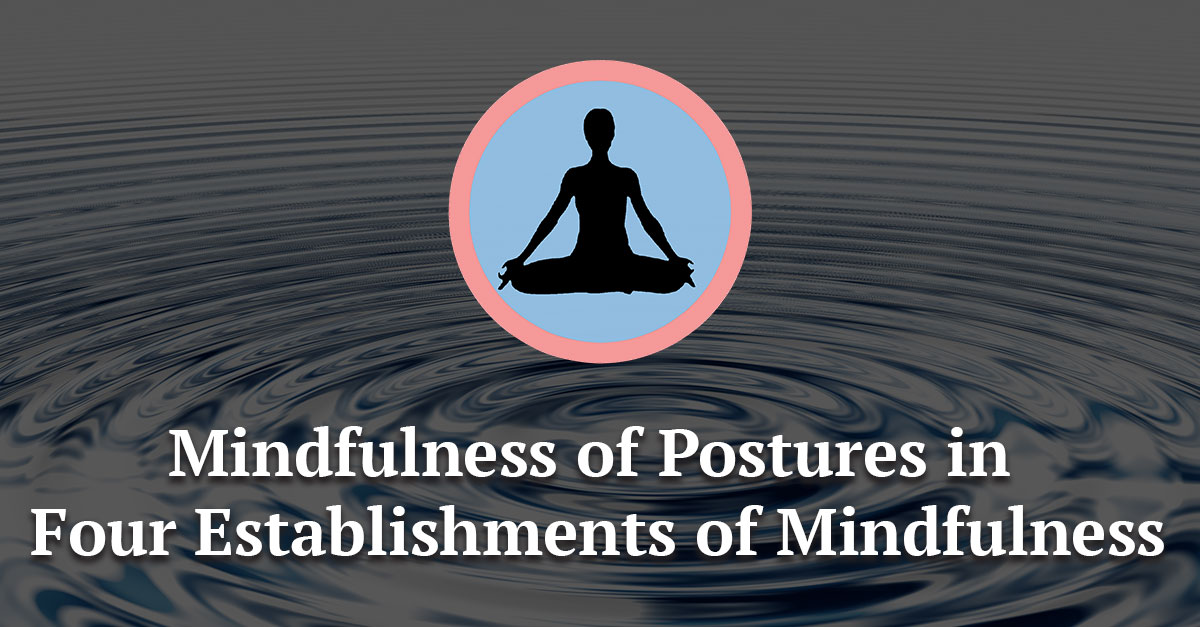
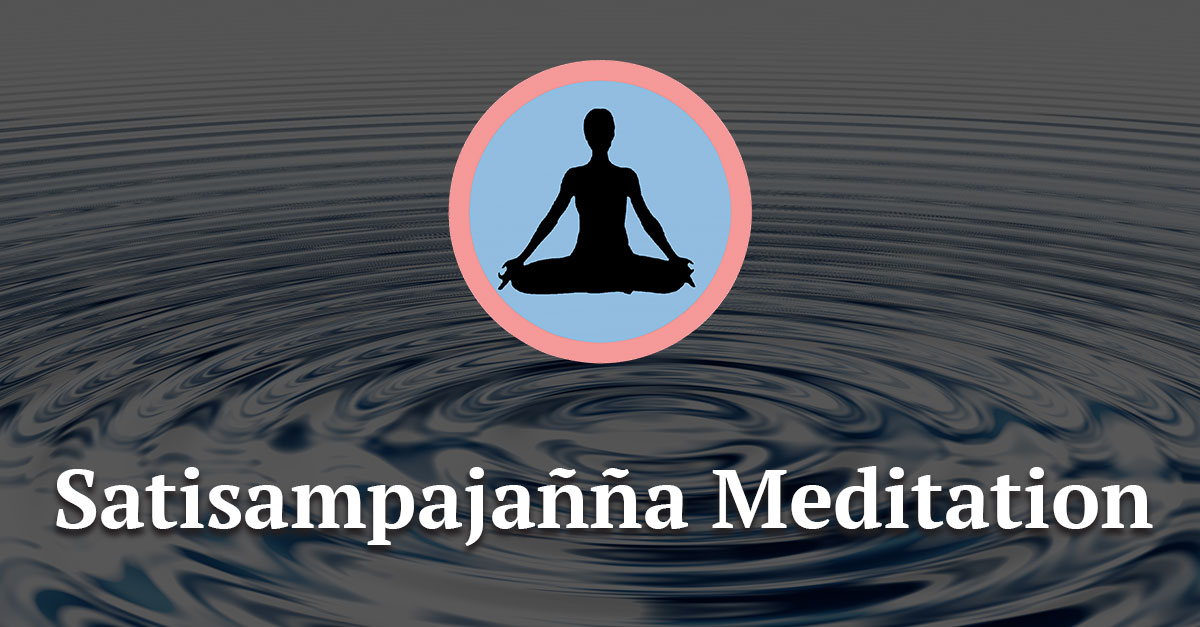
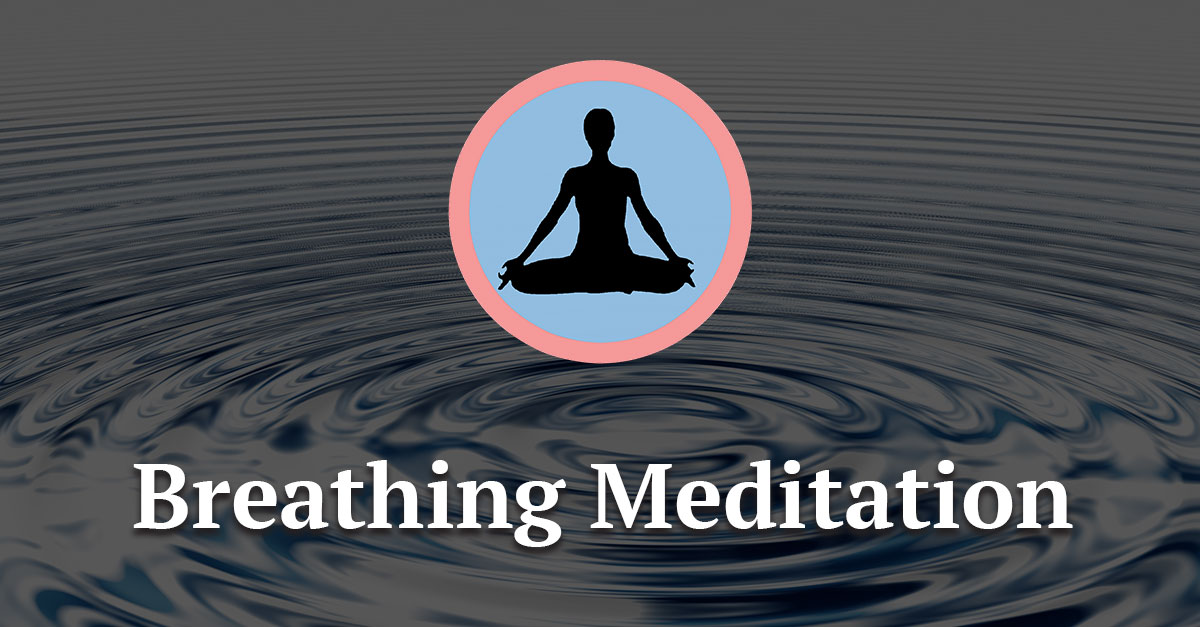
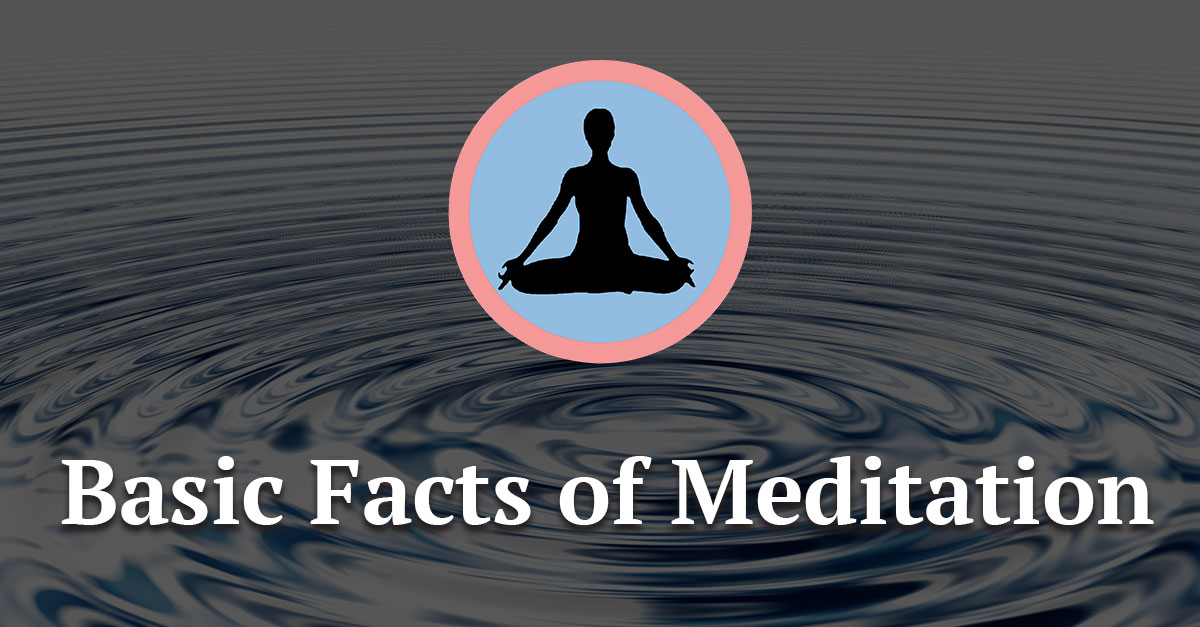
Leave A Comment